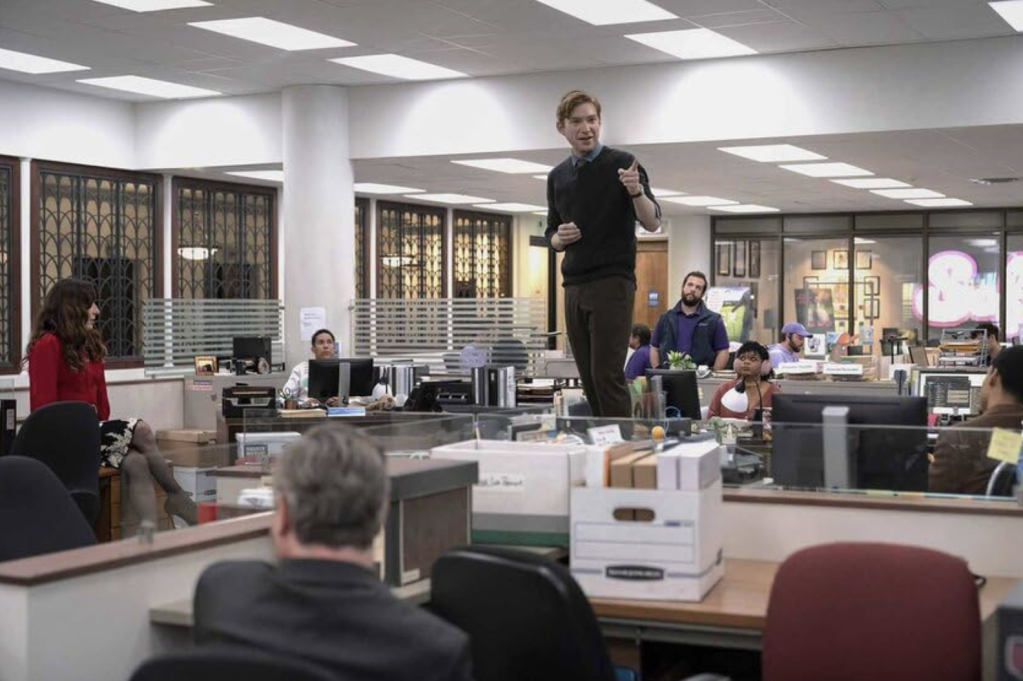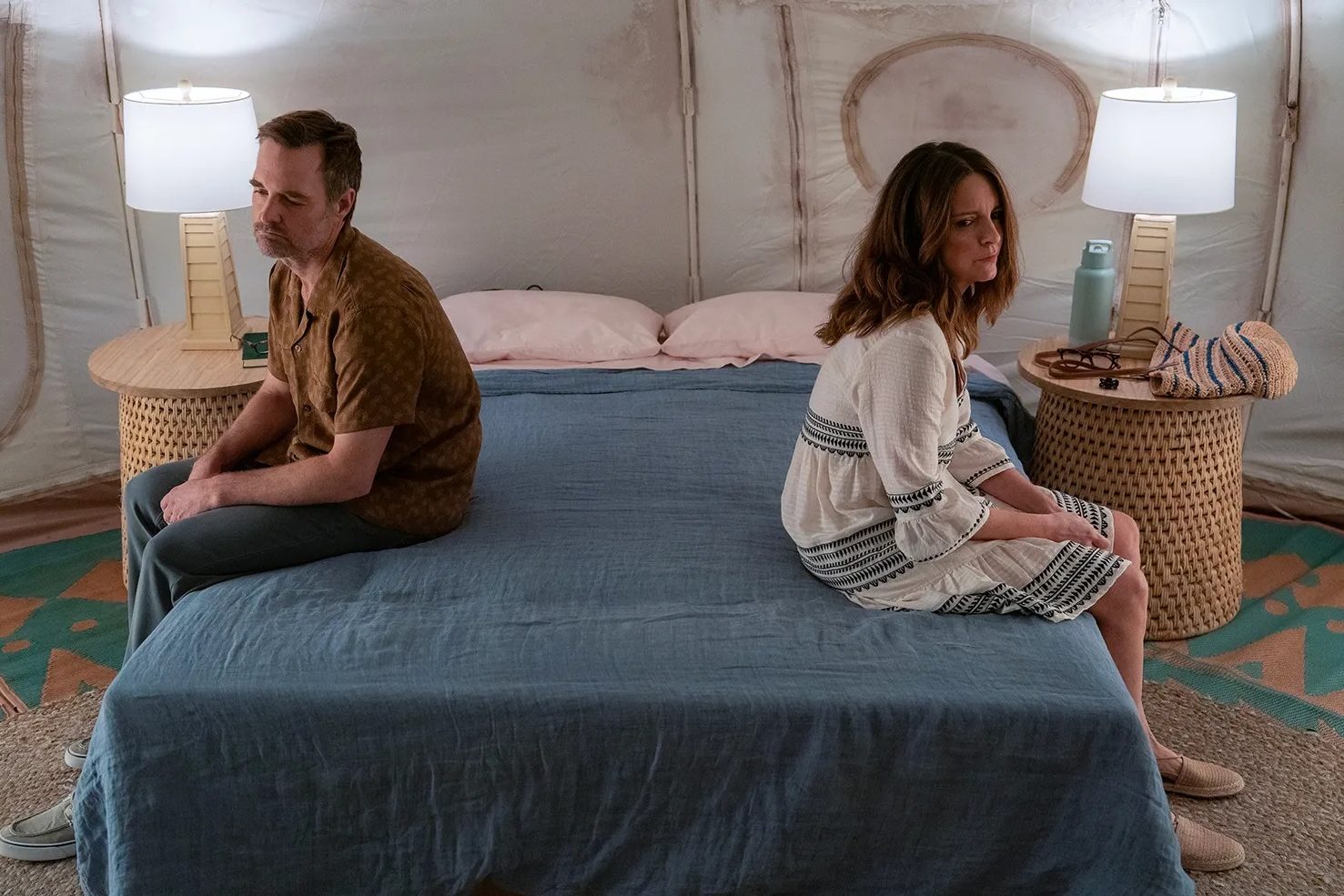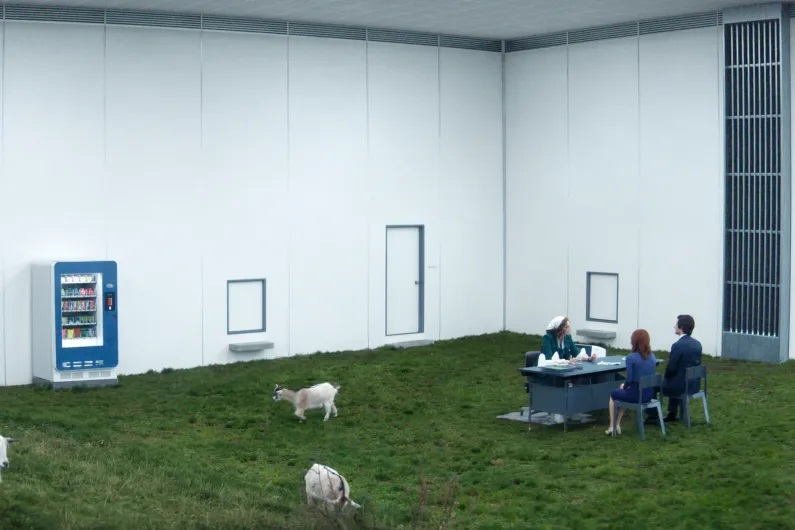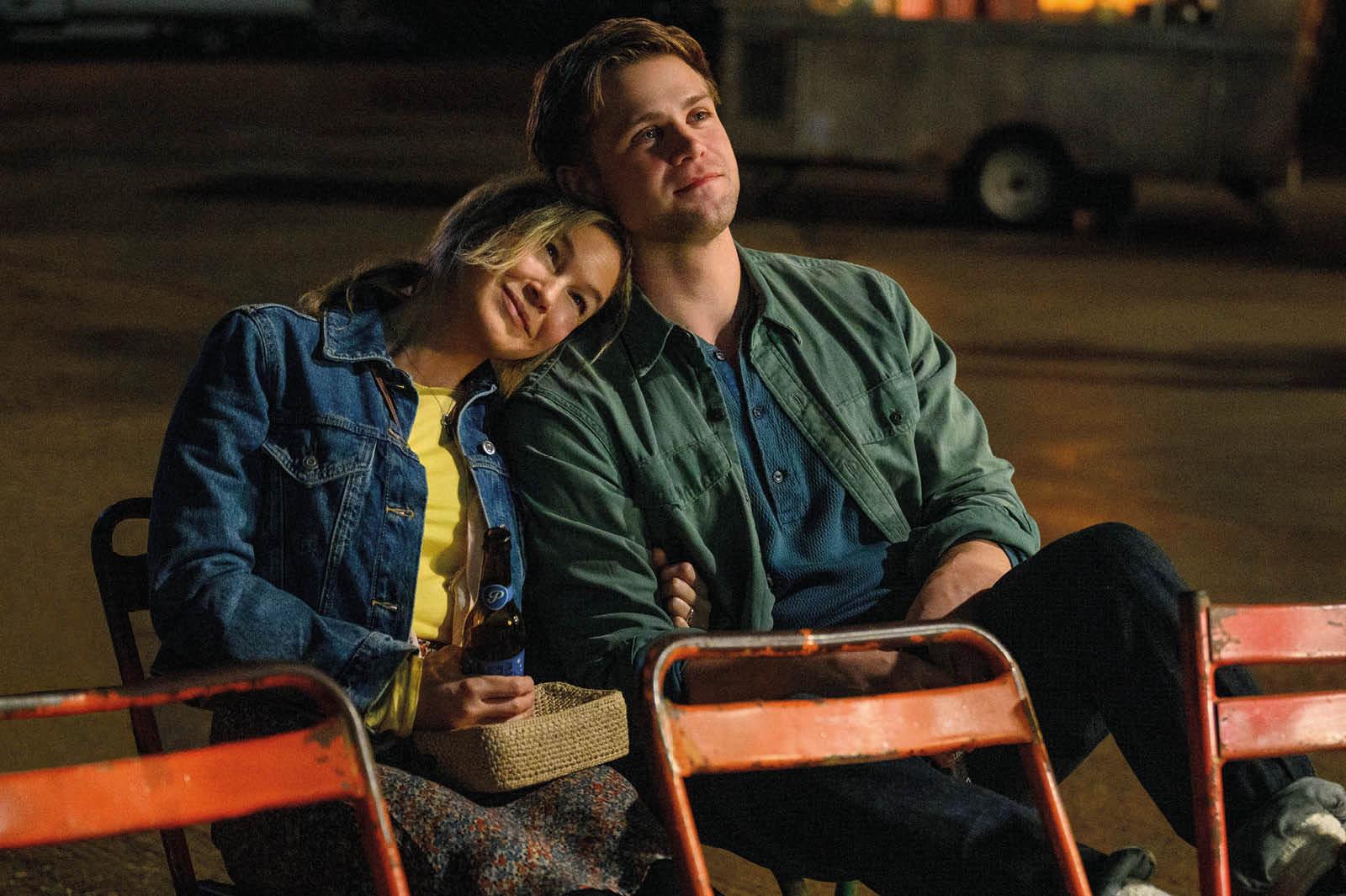Making a spin-off of a spin-off is the trickiest task on television, not least because it assumes that the audience is sufficiently fond of the original and the reinvention alike to be happy to go steady with the third round, too. In all fairness, the new workplace-themed sitcom (although on the evidence of this first season, comedy-drama is probably a more accurate designation) The Paper is only a callback to the US The Office, in that its premise is that the same documentary crew that captured the bewildering banality of life at Dunder Mifflin has headed to Toledo, Ohio, there to follow the travails of a once-proud, now-flailing newspaper, the Toledo Truth-Teller.
This couldn’t be more timely, as newsprint journalism is an increasingly endangered species, and at first glance The Paper should be every bit as compulsive a watch as the earlier show, not least because they both share a creator in Greg Daniels, this time joined by Michael Koman. It also boasts a great cast, led by the ever-excellent Domhnall Gleeson as Ned Sampson, an idealist who manages to fend off accusations of everything from having been #MeToo’d to masquerading as a “proper” editor in his quest to bring integrity and old-fashioned journalistic standards back to Toledo. Gags, superb acting, timeliness, and a holdover from The Office, in the form of Oscar Nunez, reprising his role as Oscar Martinez, Dunder Mifflin’s accountant: what more could you ask for?
Unfortunately, The Paper proves not to be worth the material that it has been written on. On the evidence of the first few episodes, this is a hugely disappointing, profoundly unfunny and tonally wildly uncertain show that may yet bed in and find its feet, but few viewers are likely to invest the time and effort that such optimism would require. The usually excellent British actor Tim Key is miscast as Ken, a David Brent stand-in, all conspiratorial looks to camera and self-aggrandizing puffery, as the paper’s “business strategist,” i.e. the person who wants to shut down the loss-making organization as quickly as possible. But his performance is a masterclass in subtlety and nuance compared to Sabrina Impacciatore, so good in the second series of The White Lotus, who is diabolically over the top in the role of the paper’s managing editor Esmerelda Grand. (This is not a subtle show.)
Whether or not you think that the American version of The Office was a comedic masterpiece (or, for that matter, the British original), it cannot be denied that it hit its targets with real vigor, and, in Steve Carell’s Michael Scott, created a larger-than-life character for the ages, a man-baby who was just about human enough to be pitiable but not quite sympathetic, either. Gleeson, always good value, seems stuck in the kind of role that requires him to Do Anguish a lot, to greater or lesser comic effect, but he comes across better than Chelsea Frei’s Mare, the paper’s compositor, who might as well be wearing a T-shirt saying “potential love interest” on it.
There are some nice-ish gags about AI’s insipid influence on the journalistic industry and Martinez’s reluctance to once again become the butt of the documentary makers, but this isn’t particularly funny. Instead, it falls into the trap of many contemporary comedies, mistaking the ability to stage minute-long situations that might conceivably work OK as stand-alone clips on TikTok for a genuinely inspired series of jokes. Had Daniels and Korman had the courage of their convictions and brought in Tim Robinson in full I Think You Should Leave mode in the lead, this could yet have been an absurdist classic. Unfortunately, on the present evidence, it’s another “what might have been.” A second series has already been commissioned, but it’s likely that its chances of being embraced by an audience are roughly akin to the Toledo Truth-Teller winning the Pulitzer. This paper, alas, probably should have been canned.


























Leave a Reply